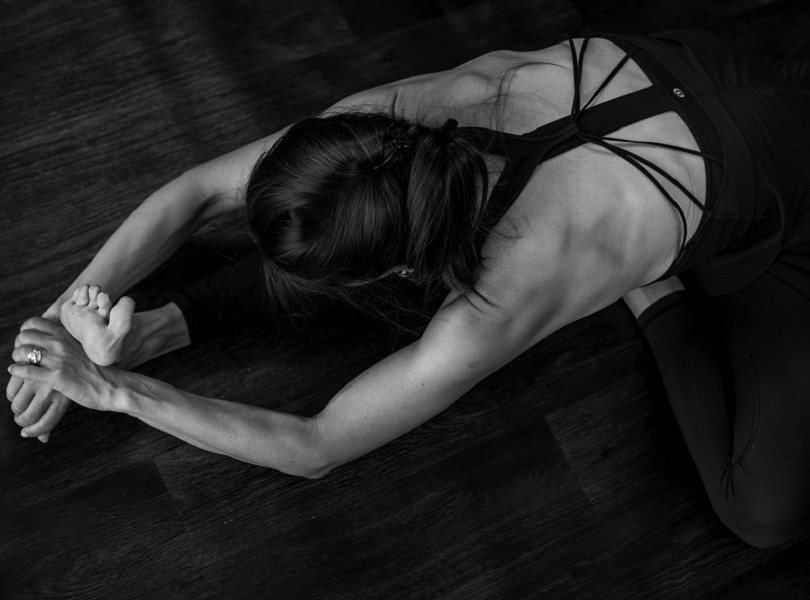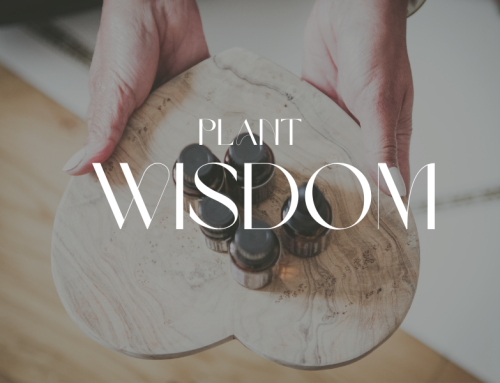As yogis we are encouraged to be guided by Satyam or truthfulness. On the face of it Satyam should be a familiar concept; as children we are told not to tell lies (we’ll get found out) and the importance of telling the truth is instilled. But being able to “tell the truth” requires us to make more careful appraisal of the information we hold before we share it; was the source reliable? We are rarely impartial observers so we also need to consider what judgements of our own we’ve added and, if these judgements are “trustworthy”!
This is Satyam, literally translated it means “true essence” or “true nature”. So it is not just about telling the truth, it encompasses all the underpinning comprehension required to really see things as they are. It encourages us to be more conscious or aware of the assumptions we make and acknowledge the prejudices that drive our judgements.
A commitment to Satyam means we must carefully observe our own intrinsic nature, moving from an outward to an inward gaze and learning to trust in the authenticity of our own experiences. Time spent alone can really help use to become more self-trustworthy plus many solitary experiences force us to be self-reliant.
There’s no need to travel solo to far-flung destinations or scale remote peaks with just your rucksack as a companion – making time for just you and your mat will do fine! Even just a little time “out” offers us a chance to turn our thoughts inwards. It can also be an opportunity to uncouple from the clutter of mixed messages we are bombarded with via social media, friends, parents, religion, politicians, employers … the list goes on, so we can “go figure” on our very own!
But there is a risk that when we start to survey our inner landscape we give more power to our inner critic by accepting its critical voice without question. I was always so sure I had this “inner surveillance” down to a fine art and could never understand why my Dad always told me to “stop looking inwards”. But now I realise that he really meant “stop ripping yourself to shreds” with self-criticism. If we become accustomed to attaching harsh judgements to our observations we inhibit the process of building reliable self-knowledge and, instead, simply erode self-confidence so we again feel we need to turn outwards for answers and validation! Furthermore, at a subconscious level, fear of our own harsh judgements can, in itself, prevent us from seeing things as they are. It may feel too uncomfortable so instead we continue finding justifications, excuses and explanations that can diminish the real truth. Plus, once started, this process of self-deception will normally get worse; additional “evidence” will need to be dug-up/fabricated to support the initial “untruth”.
I still find that my attempts of turning my attention inwards and trying to observe without judging are rarely sustained for very long (there I go judging again!). But I am getting better – like everything it requires practise. Essentially this is our yoga practise; learning to stay present, observe the detail of each moment, watch our thoughts and witness our own reactions with unflinching curiosity, even when this process throws up something challenging. All around is a reactionary world driven by emotions and tit-for-tat ego-wars; yoga is the complete antithesis. We are encouraged to detach or at least carefully analyse emotional drivers so that our reactions can be more measured and we can maintain greater equanimity.
If we trust that Satyam does not mean we need to embark on a “witch hunt” leading to brutal attacks on all that we judge harshly, and instead allow ourselves to be guided by Ahimsa (non-harming) we can show greater self-compassion regardless of what our process of self-enquiry throws up. This approach can help us peel away layers of self-justification or slightly warped versions of events and encourage us to “peer in” with curiosity! Without the judgement it is easier to “weigh up” what we uncover before deciding if something needs to change. And, if negative thoughts arise they don’t need to become our script. The more we learn about our “true nature” the more confident we will become at exploring our prevalent “mind-set” so we can quickly recognise when we are denying the truth – perhaps sucked in by delusion, rationalisation or whims.
Yoga continually challenges us to remain open-minded and receptive to whatever crops up – a life metaphor! Practising with pure intention requires us to dig deeper so we go beyond frustration at lacking strength, being unable to balance or fearing inversions and learn to work with greater steadiness and ease. Removing the judgement is a game-changer; falling (literally) is not failing it is feedback telling us we need more practise! However I will readily admit that developing a more honest practise is tricky; it requires us to “come clean” about our intentions and as modern yogis these often include a desire to sculpt our body, collect Instagram worthy poses, fix bad backs or fight flab!
But, if we are prepared to accept the paradoxes of a practise that demands fierce determination yet compassion, strength as well as vulnerability, the humility to be less ego-driven whilst courageous enough to challenge our inner critic, then we can look into the mirror that is being held up for us. As our practise matures and we continue to grow we start to recognise that our true essence is reflected. So what starts as a physical practise becomes a powerful tool to promote spiritual change and growth.
Is all this navel-gazing really worth it? Well, I never think it is truthful when people say “I don’t care what others think of me” because deep down, most of us do. However, recognising and getting comfortable with our intrinsic nature can help us stand up to the critics; no longer fearing the judgements of others because we’ve arrived at place of inner wisdom that means we can totally trust our ability to self-censor. This gives us freedom to live with complete authenticity; we get clarity on what is of paramount importance to us and, conversely, what goals, beliefs, habits and people we should let go of.







